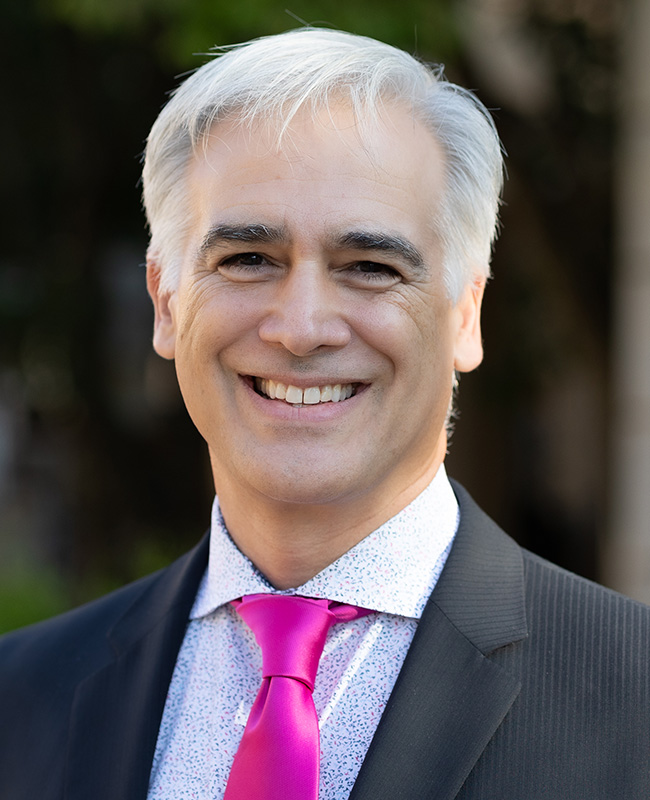Personal injury law involves situations where one person is harmed by the actions of another, and the injured individual wants to recover monetary damages.
Like other areas, there tend to be subspecialties, which include:
- traditional personal injury practice focusing on situations such as traffic accidents, slip and fall cases, and the like;
- medical malpractice which ranges from misdiagnosis to medication, treatment, and surgical errors, and other areas of health law;
- products liability that covers the claims when a person is injured by an allegedly defective product; and
- mass torts, which are lawsuits that occur where many people are allegedly harmed by the same set of circumstances or problem, such as environmental contamination.
Personal injury lawyers commonly work on one side of civil litigation — either in filing claims or lawsuits for compensation for injured people or defending the individuals or businesses who are accused of injuring those individuals. One unique aspect of this area is how the lawyers are paid. Usually, plaintiffs’ lawyers are paid via contingency fee, which is typically 25-30% of any favorable verdict. On the other side, defense lawyers are paid on an hourly basis for their time, but typically must account for the tasks worked for on behalf of the client in either fifteen or six-minute increments.
Relatedly, insurance law can cover a wide array of legal issues, including compensating individuals harmed in accidents or protecting individuals or businesses covered by insurance from losses. Individuals and businesses usually own many different types of insurance policies. For example, individuals commonly carry car insurance, home or renter’s insurance, or insurance to protect assets. Likewise, businesses may carry personal injury insurance, malpractice insurance, workers’ compensation insurance, and insurance for industry risks.
Many traditional personal injury or insurance lawyers work in a small law firm or on their own as solo practitioners. Lawyers representing companies and focusing on malpractice defense, products liability or mass torts tend to work in mid- to large law firms. In the public sector, personal injury lawyers may be able to work for any number of state or federal government agencies or attorneys general offices in litigation matters.
Courses
Courses designated as "primary" are foundational, while those listed as "secondary" contain relevant and related content. "Co-curricular" courses are credit-bearing extra-curricular activities, while "experiential" courses are practice-based offerings. Please keep in mind that the focus of any course will vary depending on the instructor.
Primary Courses
Secondary Courses
Experiential Courses
Faculty
The following faculty are knowledgeable about the topic and may be a useful resource for you.

Judge Donald L. Smith Professor of Law

Associate Dean for Experiential Learning

Fred D. and Elizabeth L Turnage Professor of Law

Dean



